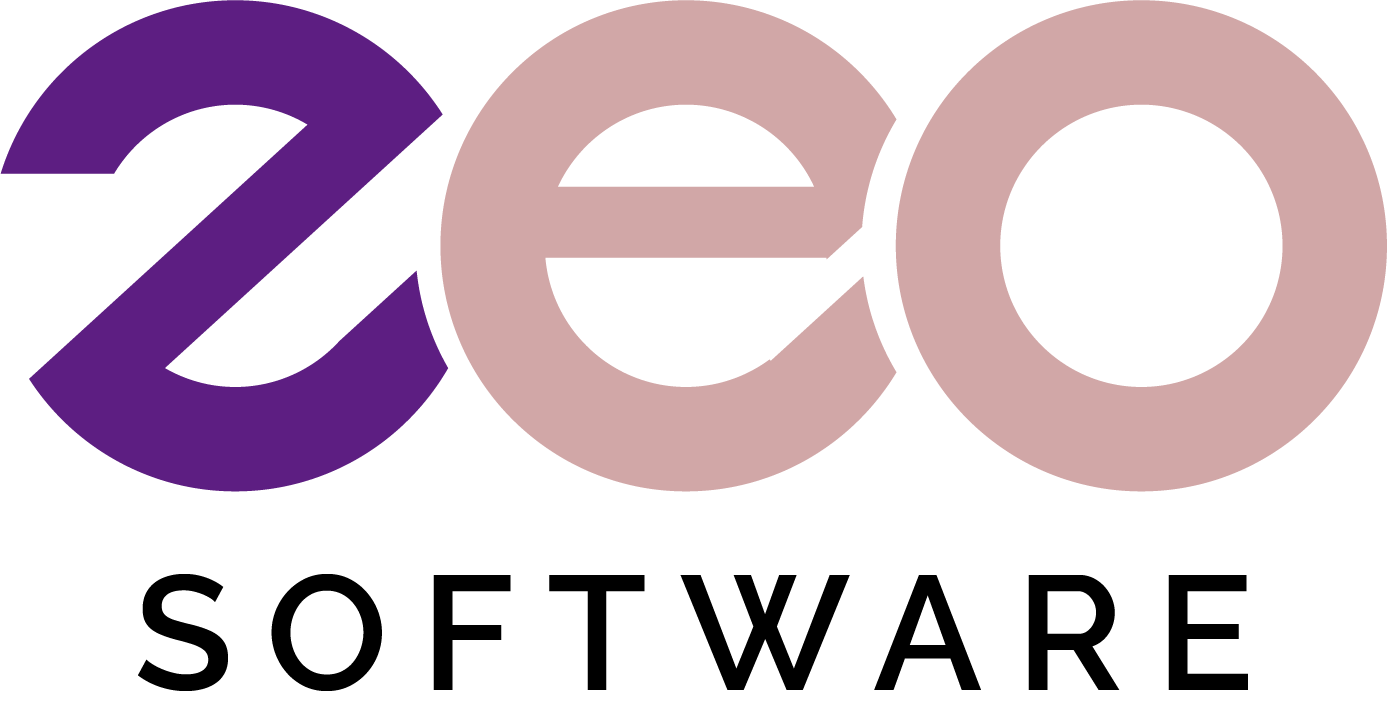In today’s fast-paced business environment, effective supply chain management (SCM) is crucial for maintaining competitiveness and meeting customer demands. Enterprise Resource Planning (ERP) systems play a pivotal role in optimizing supply chain processes, improving overall logistics, and driving operational efficiency. This article explores the impact of ERP on supply chain management and how it can transform your business.
1. Enhanced Inventory Management
Impact:
ERP systems provide real-time visibility into inventory levels, locations, and movements. This allows businesses to maintain optimal stock levels, reduce excess inventory, and prevent stockouts.
Benefits:
- Accurate Inventory Tracking: Real-time data on inventory levels and movements.
- Reduced Carrying Costs: Minimized excess inventory and associated costs.
- Improved Order Fulfillment: Faster response to customer orders with accurate inventory data.
2. Streamlined Procurement Processes
Impact:
ERP systems automate and streamline procurement processes, from requisition to payment. This reduces manual errors, speeds up procurement cycles, and improves supplier relationships.
Benefits:
- Automated Purchase Orders: Faster and more accurate order processing.
- Supplier Management: Enhanced tracking of supplier performance and compliance.
- Cost Savings: Better negotiation and procurement decisions based on accurate data.
3. Improved Demand Forecasting
Impact:
ERP systems use historical data and advanced analytics to predict future demand. Accurate demand forecasting ensures that supply chain operations are aligned with market needs.
Benefits:
- Better Planning: Align production and inventory levels with market demand.
- Reduced Stockouts and Overstocks: Optimize inventory to match demand accurately.
- Increased Customer Satisfaction: Ensure product availability and timely delivery.
4. Optimized Production Scheduling
Impact:
ERP systems integrate production planning and scheduling with other supply chain activities. This ensures that manufacturing processes are aligned with demand and inventory levels.
Benefits:
- Efficient Resource Utilization: Maximize the use of production resources.
- Reduced Lead Times: Faster production cycles and reduced time to market.
- Improved Product Quality: Consistent production processes leading to higher quality.
5. Enhanced Logistics and Distribution
Impact:
ERP systems provide end-to-end visibility into logistics and distribution processes. This helps businesses optimize transportation routes, manage warehouses more efficiently, and track shipments in real-time.
Benefits:
- Optimized Transportation: Efficient route planning and reduced transportation costs.
- Warehouse Efficiency: Improved warehouse management and order picking processes.
- Real-Time Shipment Tracking: Enhanced visibility and control over shipments.
6. Integrated Supply Chain Visibility
Impact:
ERP systems offer a unified view of the entire supply chain, from suppliers to customers. This integrated visibility allows for better coordination and collaboration across the supply chain.
Benefits:
- Improved Collaboration: Seamless communication and coordination with suppliers and partners.
- Risk Management: Proactive identification and mitigation of supply chain risks.
- Data-Driven Decisions: Informed decision-making based on real-time data.
7. Better Compliance and Reporting
Impact:
ERP systems help businesses comply with industry regulations and standards. They automate compliance reporting and ensure that all processes meet regulatory requirements.
Benefits:
- Regulatory Compliance: Automated tracking and reporting of compliance metrics.
- Audit Readiness: Simplified audit processes with accurate and accessible data.
- Reduced Risk: Lower risk of non-compliance and associated penalties.
8. Cost Reduction and Efficiency Gains
Impact:
ERP systems streamline supply chain operations, eliminate inefficiencies, and reduce operational costs. This leads to significant cost savings and improved bottom-line performance.
Benefits:
- Lower Operational Costs: Reduced waste, optimized processes, and efficient resource utilization.
- Improved Profit Margins: Higher profitability through cost-effective supply chain management.
- Scalability: Ability to scale operations efficiently as the business grows.
Conclusion
The impact of ERP systems on supply chain management is profound, offering enhanced visibility, improved efficiency, and better decision-making capabilities. By optimizing inventory management, streamlining procurement, improving demand forecasting, and integrating logistics and distribution, ERP systems transform supply chain processes and drive business success. Investing in a robust ERP system can provide your business with the tools needed to stay competitive in today’s dynamic market environment.
